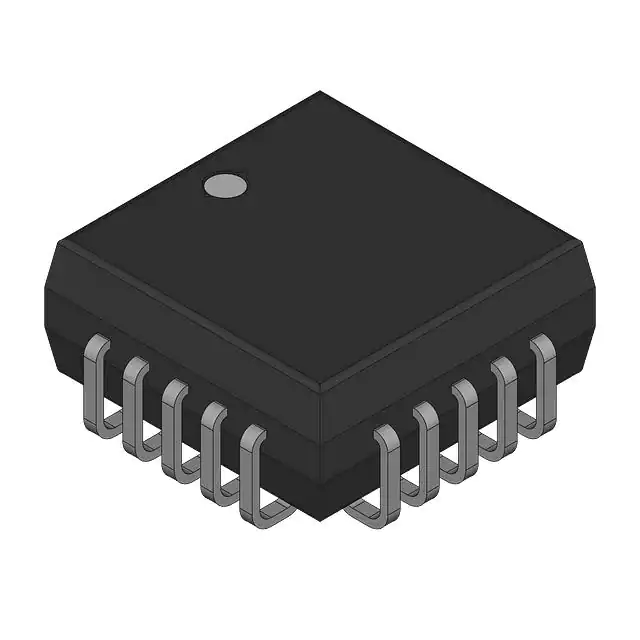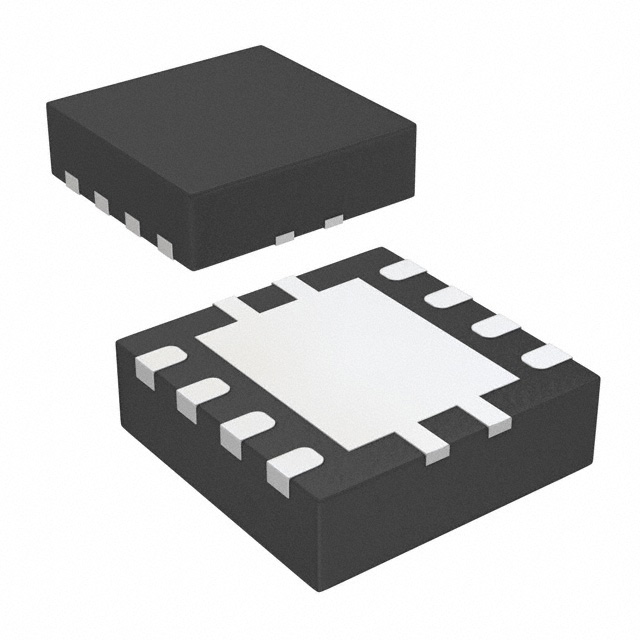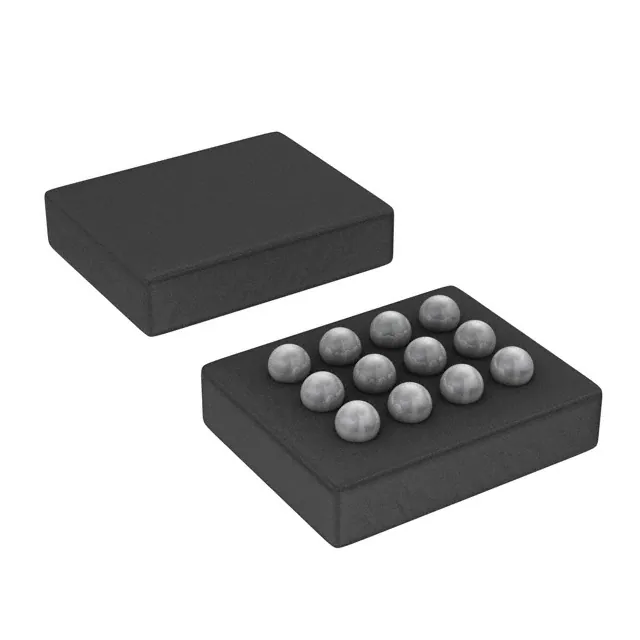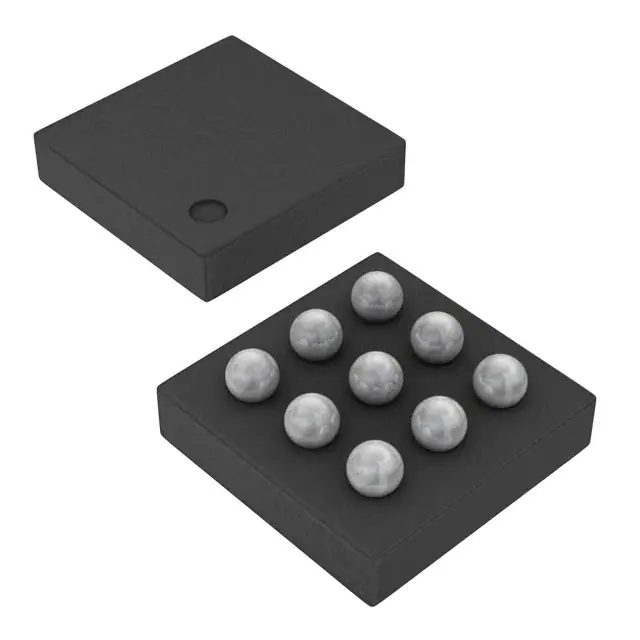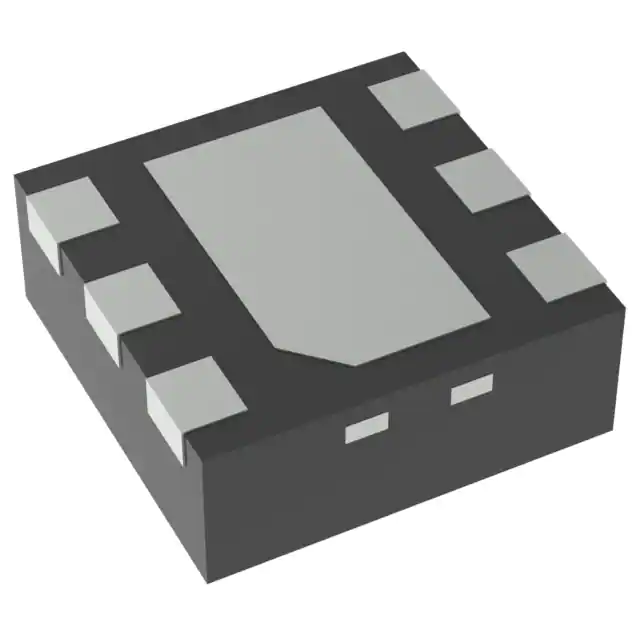These positive-edge-triggered flip-flops utilize TTL circuitry to implement D-type flip-flop logic. All have a direct-clear (CLR)\ input. The ’ALS175 and ’AS175B feature complementary outputs from each flip-flop.
Information at the data (D) inputs meeting the setup-time requirements is transferred to the outputs on the positive-going edge of the clock pulse. Clock triggering occurs at a particular voltage level and is not directly related to the transition time of the positive-going pulse. When the clock (CLK) input is at either the high or low level, the D-input signal has no effect at the output.
These circuits are fully compatible for use with most TTL circuits.
Feature
- ’ALS174 and ’AS174 Contain Six Flip-Flops With Single-Rail Outputs
- ’ALS175 and ’AS175B Contain Four Flip-Flops With Double-Rail Outputs
- Buffered Clock and Direct-Clear Inputs
- Applications Include:
- Buffer/Storage Registers
- Shift Registers
- Pattern Generators
- Fully Buffered Outputs for Maximum Isolation From External Disturbances (’AS Only)
These positive-edge-triggered flip-flops utilize TTL circuitry to implement D-type flip-flop logic. All have a direct-clear (CLR)\ input. The ’ALS175 and ’AS175B feature complementary outputs from each flip-flop.
Information at the data (D) inputs meeting the setup-time requirements is transferred to the outputs on the positive-going edge of the clock pulse. Clock triggering occurs at a particular voltage level and is not directly related to the transition time of the positive-going pulse. When the clock (CLK) input is at either the high or low level, the D-input signal has no effect at the output.
These circuits are fully compatible for use with most TTL circuits.

